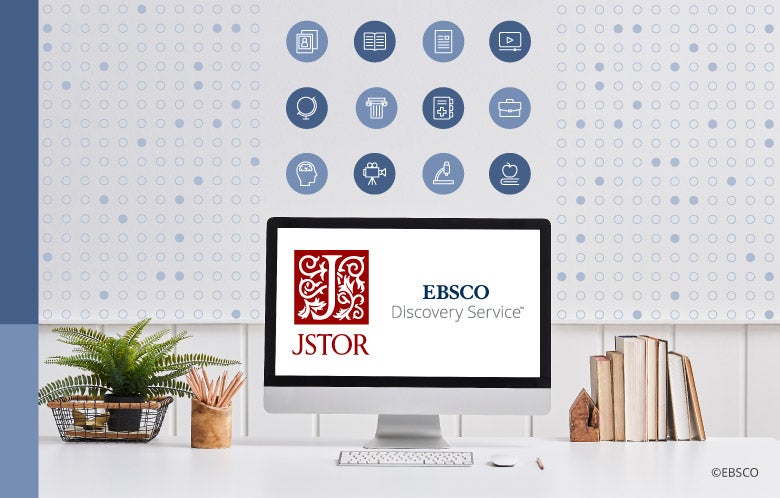A library’s special collection holds so much value — it is the conduit for preserving cultural heritage, a glimpse into the past, and most importantly, impacts research and the transfer of knowledge.
But for many libraries, the special collection’s reach is limited to a library’s user base, as it often exists in a physical form. Digitizing the special collection and loading it onto an open-access platform gives the special collection a place to exercise its intention — telling its story to those who interact with it. For the librarian, creating an open-access special collection increases usage and can demonstrate the ROI of the collection and its efforts in acquisition, preservation, and digitization. Of course, the challenge lies in its transformation into an open-access special collection.
The idea of open access has become a mainstay in the library world. This has led to many conversations around the value of “open” — how to provide optimal open access to trustworthy information and provide the best user experience of this open content. One way open access can be achieved is through the library’s discovery service. A discovery service creates a central, searchable index of the library’s holdings, including open access content, which is essentially part of everyone’s holdings. A discovery service is needed to match an article with specific research needs. EBSCO has made efforts and launched initiatives into the best way to support libraries with open access. One of these efforts is including more open access content in our discovery platform, EBSCO Discovery Service (EDS). By indexing open access content in (EDS), researchers access essential peer-reviewed research. Recently, EBSCO partnered with JSTOR to bring their Open Communities Collection into EDS.
For the librarian, creating an open-access special collection increases usage and can demonstrate the ROI of these original materials and the efforts in acquisition, preservation, and digitizing.
For the librarian, creating an open-access special collection increases usage and can demonstrate the ROI of these original materials and the efforts in acquisition, preservation, and digitizing.
JSTOR is an open-access platform that is developed and maintained by ITHAKA, a not-for-profit organization helping the academic community use digital technologies to preserve the scholarly record and advance research and teaching in sustainable ways. The JSTOR Open Communities Collection allows libraries to host their special collections in a centralized open-access database that reaches a scholarly community of millions. The beauty of this collection is not just its universal reach. but its integration capabilities.
EDS employs enhanced search technology that is built upon superior subject indexing and the EBSCO Knowledge Graph. This type of search technology along with the JSTOR integration, allows a library’s special collections to relevantly appear alongside other content types a library may subscribe to. The result is increased usage, awareness, and a deeper understanding of topics through original materials including artwork, photographs, publications, recordings, and other artifacts.
EBSCO Discovery Service is the first service to load the JSTOR Open Communities Collection, allowing many libraries to see their special collections reach a wider audience.


